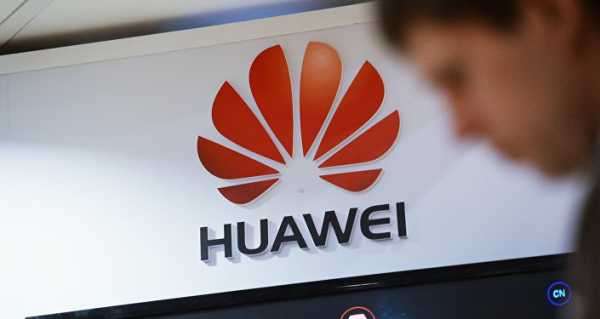
Brazil’s President Jair Bolsonaro, though echoing Washington-driven unproved allegations that China’s telecom giant Huawei was a security threat for ostensibly sharing confidential data with Beijing’s Communist government, announced in January that the firm would not be barred from 5G network auctions slated for June.
Brazil’s telecoms regulator Anatel has approved rules for a spectrum auction for 5G networks in 2021, with no bans envisaged for China’s beleaguered Huawei Technologies Co, reported Reuters.
Brazilian President Jair Bolsonaro had slammed the Chinese equipment supplier last year amid persistent pressure from the administration of then-President Donald Trump, who maintained Huawei was a “security threat”, without proving his allegations.
Trump’s administration blacklisted Huawei Technologies, ZTE, and chipmaker SMIC as well as dozens of others to restrict China’s access to key technologies, including semiconductors and markets in allied nations, citing national security concerns.

Huawei chief executive and founder Ren Zhengfei
Both Beijing and Huawei have repeatedly denied the technology poses any cybersecurity risks.
Bolsonaro, however, backtracked on his opposition to Huawei bidding to provide the next generation cellular network for carriers in Brazil.
Brazil’s telecom companies had crunched numbers to make their case that banning Huawei and replacing its equipment would cost billions of dollars, as the Chinese company is a global leader in supply of equipment for current 3G and 4G networks.
Slated for June 2021, the auction rules entail conditions such as requiring telecom companies to embrace more advanced and stand-alone networks not based on their present technology by next year.
According to the rules, mandatory creation of a sub-fluvial network in the vast northern Amazon is also included to cover the region with broadband connectivity. The ambitious project is to be based on fibre-optic cables laid along rivers.
Furthermore, construction of infrastructure for a fixed and mobile “private communication network of the federal public administration”, was contained in the guidelines.
This network would only be used by government agencies in the capital Brasilia, with implied specific cyber requirements, according to the communications ministry.

Different types of 4G, 5G and data radio relay antennas for mobile phone networks are pictured on a relay mast operated by Vodafone in Berlin, Germany April 8, 2019
Brazil’s fifth-generation technology industry representatives warned ahead of the decision that excluding the world’s biggest telecoms equipment maker from Brazil’s 5G rollout would set the country back three to four years, technologically speaking.
Telefonica Brasil SA and Claro, owned by Mexico’s America Movil – the country’s leading telecom companies – have responded to the requirements for advancing to stand-alone networks by urging a five-year transition.
The rules are to be approved by Brazil’s Federal Audit Court, the TCU, with Suruagy still holding out hope for changes to the government’s conditions.
Overall, on the primary 5G band – 3.5GHz – Anatel hopes that state capitals will have the technology by the end of 2021.
Cities with more than 200,000 inhabitants must have 5G by June 2023 and all other municipalities by June 2024, in line with the plans, according to business news organisation, BNamericas.
Sourse: sputniknews.com






